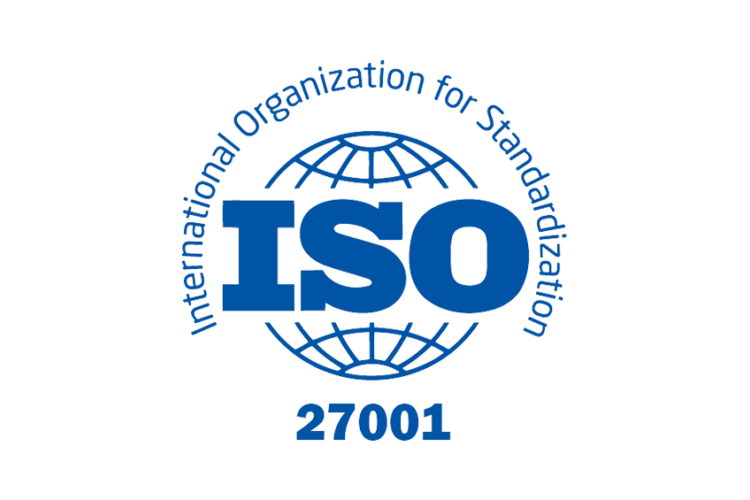In the complex world of healthcare, Revenue Cycle Management (RCM) is the backbone of financial health for providers. But as the volume of administrative tasks continues to grow, so does the potential for errors, delays, and inefficiencies.
Enter Robotic Process Automation (RPA)—a game-changing technology that’s transforming the way providers manage the revenue cycle.
Let’s dive into how RPA is helping healthcare organizations save time, reduce costs, and boost accuracy across the board.
What Is Robotic Process Automation (RPA)?
RPA is software technology that uses “robots” or bots to automate repetitive, rule-based tasks that are usually done by humans. These bots mimic actions like:
- Copy-pasting data
- Moving files
- Filling out forms
- Logging into systems
Unlike artificial intelligence, RPA doesn’t think or make decisions—it simply follows instructions with speed and accuracy.
Why RCM Is the Perfect Use Case for RPA
Revenue Cycle Management is full of manual, time-consuming steps, including:
- Patient registration
- Eligibility verification
- Claims submission
- Payment posting
- Denial management
Each step involves tons of data entry, verification, and communication—the exact type of work RPA excels at.
Key Benefits of RPA in Revenue Cycle Management
1. Improved Accuracy
Bots don’t get tired or distracted. That means fewer errors in tasks like data entry and claims processing, which translates to fewer denials and faster reimbursements.
2. Faster Processing
What takes a human several minutes can be done by an RPA bot in seconds. This means claims are submitted faster, and cash flow improves.
3. 24/7 Operation
Bots work around the clock. While your staff sleeps, bots can handle nightly claim submissions or eligibility checks.
4. Cost Savings
By automating repetitive tasks, healthcare providers can reduce administrative overhead and allow staff to focus on more strategic work.
5. Scalability
As your practice grows, RPA can be scaled up without the need to hire more people. This makes it ideal for small to mid-size clinics looking to expand operations.
Where RPA Fits in the RCM Workflow
Let’s break down some common RCM functions that benefit from automation:
1. Patient Registration
Bots can pull patient data from intake forms and populate the EHR or billing system automatically.
2. Insurance Eligibility Verification
RPA bots can log in to payer portals and verify patient insurance in real-time.
3. Claims Management
From claim creation to submission, bots can check for missing information, format claims correctly, and submit them to payers.
4. Payment Posting
Bots can pull remittance data from ERAs and apply payments to patient accounts.
5. Denial Management
RPA can help flag denied claims, auto-appeal common denials, and route complex cases to the billing team.
Real-World Impact: What the Numbers Say
According to a report by McKinsey, automation in RCM can reduce costs by 30–40% and increase revenue collection speed by up to 60%.
A growing number of hospitals and practices now rely on RPA to handle more than 50% of their claims workflow, drastically improving turnaround time and efficiency.
Challenges and Considerations
Like any technology, RPA isn’t a plug-and-play solution. You’ll need to:
- Clearly define processes
- Choose the right RPA tools
- Integrate RPA with your existing EHR/billing systems
It also works best when paired with human oversight, especially for handling exceptions or complex cases.
How NYX RCM Partners LLC Supports RPA-Driven RCM
At NYX RCM Partners LLC, we help healthcare providers modernize their RCM operations with custom RPA solutions. Our services include:
- Process mapping and workflow optimization
- RPA bot setup and integration
- Ongoing monitoring and updates
- Seamless EHR and billing software support
Interested in automating your revenue cycle? Talk to our team today for a free RPA readiness assessment.
Robotic Process Automation isn’t just a buzzword—it’s a practical tool reshaping how healthcare providers manage revenue cycles. By automating the repetitive and streamlining the complex, RPA is helping practices focus more on patients and less on paperwork.
In a landscape where every dollar counts, adopting RPA could be the smartest financial decision your practice makes.





